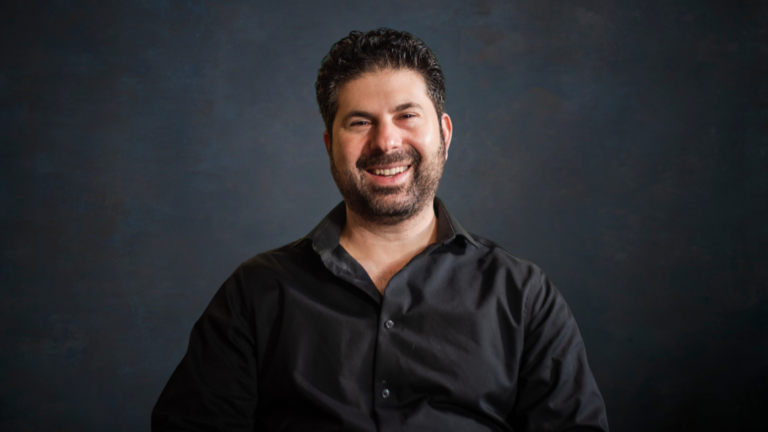What does leadership look like in the middle of a war zone—one of the most dynamic, agile, and consequential environments on the planet? General Stanley McChrystal knows intimately what it’s like – and is committed to teaching his hard-earned leadership insights to others.
Heading up the Joint Special Operations Command, he led the U.S. military’s most elite spec ops teams against Al-Qaeda in Iraq, and from there was commissioned to command the war on terror in Afghanistan.
That mission in itself is treacherous… and General McChrystal also crashed head-on with a political controversy – one that led to the end of his military career but opened the door to teaching leadership at Yale university, authoring multiple bestsellers, founding the McChrystal Group (his well-known management consulting company) and even being portrayed by none other than Brad Pitt in the movie War Machine.
After 34 years of service, General McChrystal retired as a four-star general – the highest rank currently achievable in the US Army. So how does a highly-touted leader like him manage the stress – and sometimes fear – in some of the world’s most elite operators and teams?
As you’ll hear today, General McChrystal calls it “Shared Consciousness” and “Empowered Execution” – two principles he says are the groundwork for guiding any organization (from the war room to the board room) to successfully carry out a mission.
What General McChrystal teaches isn’t about battlefield maps and tactics, it’s about building a team that’s informed, committed and focused. And even when the mission isn’t immediately successful, it’s about teaching the importance of risk, failure, and ultimately marching forward.
It’s a fascinating discussion, rich with gems and insights. I hope you enjoy it as much as I did.
“People sometimes worry that if you don’t have your hand on every chess piece, we’re going to lose. I would argue that if you do have your hand on every chess piece, you will lose.”



